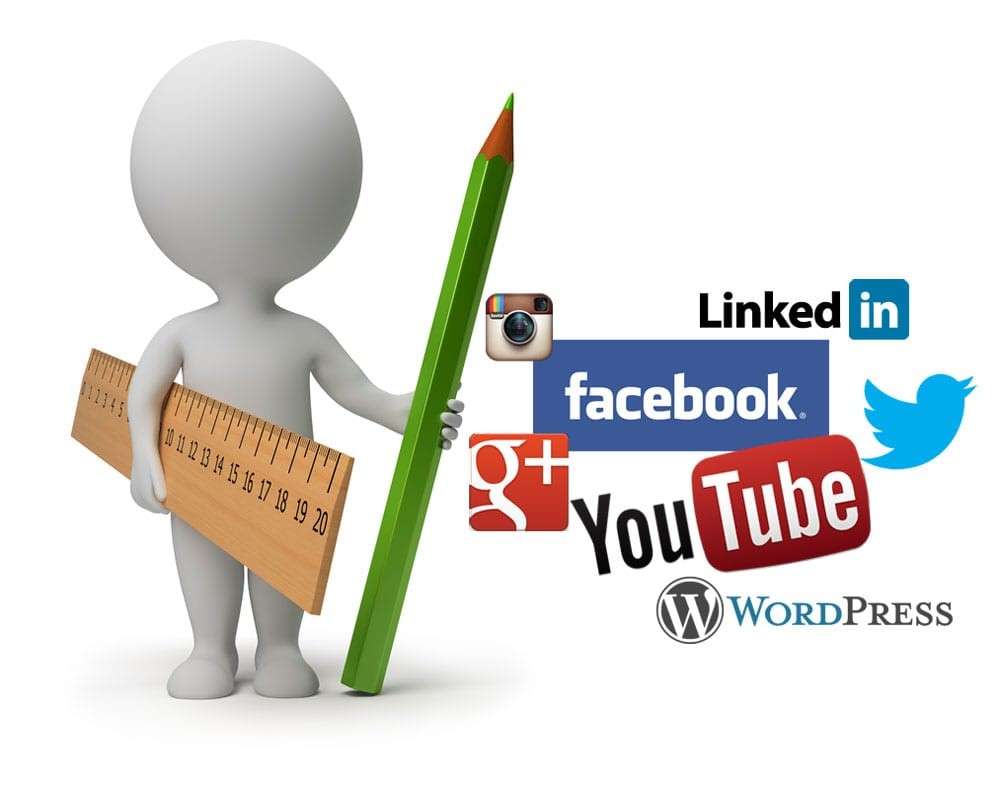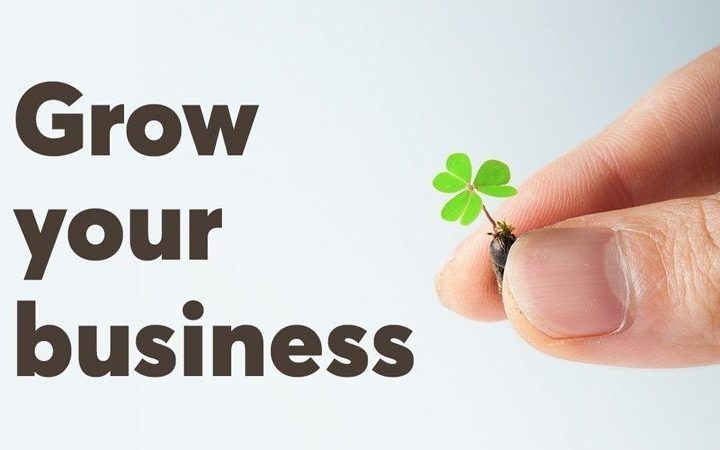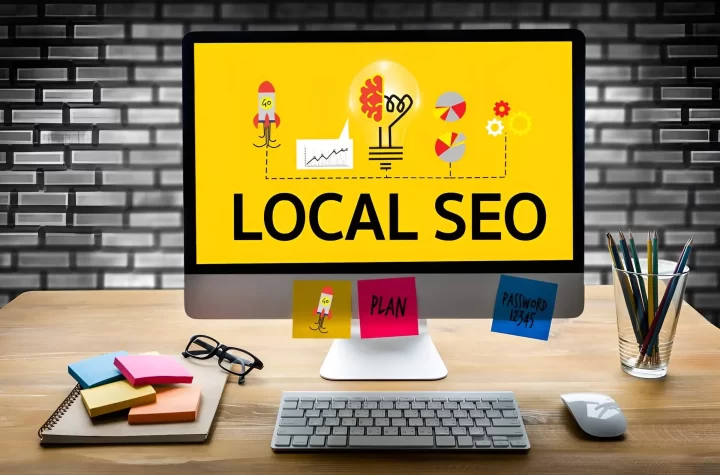
Although the number of Facebook likes is often used as a measure of brand presence and customer endorsement, this metric may not be relevant to marketers. When there are so many types of social media networks that use different collection methods for information such as tweets on Twitter or blog posts on WordPress, it becomes difficult to compare data across sites.
While marketers on Facebook can access demographic information about their potential customers, this data does not reflect the number of people who like the page on that social network.
How to measure social media success:
To measure success with social media, marketers can “count the number of unique people who are served/engaged by your brand’s content or strategy. This is a more accurate measurement – and one that can be applied across platforms.”
The number of likesgeek.com/, while a strong metric for brand presence, may not be effective in measuring engagement. Marketers should instead focus on the unique people who engage with their content on social media networks as this will give them “a better sense of how effectively they are reaching (or failing to reach) their overall audience.
Why Facebook Likes are not a good metric for success:
Despite the usefulness of demographic information, Facebook likes are not an accurate measure of success because they do not indicate how many people have agreed to connect with the brand. Marketers should instead focus on measuring unique users across all social media platforms in order to have a clear understanding of their reach among consumers.

Suggested alternatives to counting Facebook likes:
Users who are interested in a brand or product can show their support by following or subscribing to the social media site rather than liking it, which sends out alerts whenever new content is posted. This metric clearly differentiates between people who really care about the brand and those who want updates on future products.
The importance of other metrics like engagement, shares, and clicks:
While a higher number of Facebook likes might indicate a strong online presence, it is important for marketers to look at metrics like “engagement rates (comments per post or average time on site), shares (percentage of fans who share the content via their personal profiles), and clicks (whether folks are clicking through to buy items).”
Social media is constantly changing and evolving, so marketers must be sure to keep up with the latest industry trends. Using Facebook likes as a measure of success for content marketing campaigns is an outdated strategy that can no longer provide accurate or relevant information. Marketers should instead focus on engagement rates across multiple social networks in order to have a complete understanding of their reach among consumers.
How to use social media metrics for business growth:
A high number of Facebook likes might indicate a strong online presence, however, marketers should also incorporate other metrics into their social media campaigns to determine how effective they are at engaging consumers.

How to get more Facebook Likes:
Every marketer knows that the more likes they get, the better. But how do you increase your Facebook Likes? One way is to give a small reward in exchange for alike. This could be a discount on a new product, a sweepstake entry, or anything else that will incentivize people to click the “like” button.
Another strategy is to create competition through social media, such as asking your Facebook fans to submit photos of themselves with your product for a chance to win a prize.
Making the signup form on your website simple, interactive, and easy to use can also lead to higher conversion rates by encouraging people to like your page.
Why do people Like a post on Facebook:
People like posts on Facebook to give instant social validation, show their support, and signal others that this is a page worth following.

Users will unlike a post if they do not agree with the message it conveys, such as politics or religion. They may also unlike a post if they share your brand’s values, but not your specific page. In other words, users will unlike a post if they feel that it does not represent them.
What are the benefits of Facebook Likes:
Likes are beneficial for both personal users and businesses, as they signify that a user is interested in what you have to say. Likes help establish credibility by showing others that lots of people read your posts. People who use Facebook frequently will be more likely to trust the information they find on pages with many likes.
For marketers, Facebook is a powerful marketing tool. However, the number of likes a page accumulates should not be used as a measure of success or failure. Instead, marketers should use engagement rates across multiple social networks to determine how effective they are at engaging consumers.




More Stories
Grow Any Business : Email Marketing Services | 2024
Mobile SEO Guide: Ways to Improve Mobile Ranking
How Digital Marketing Actually Works